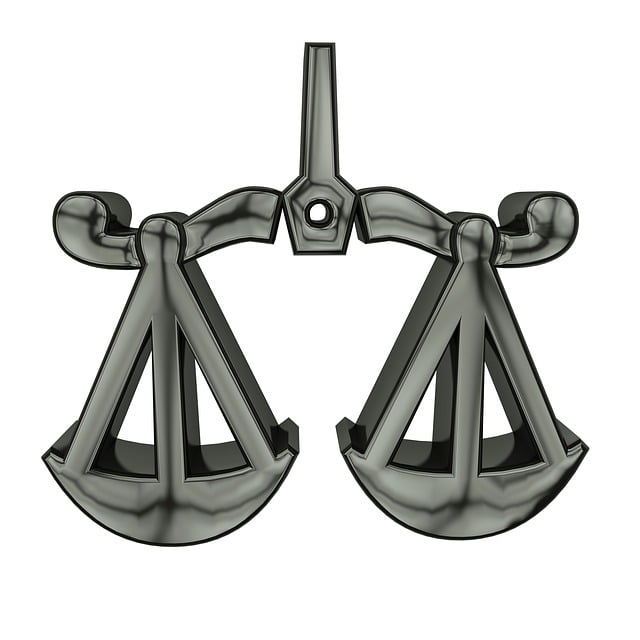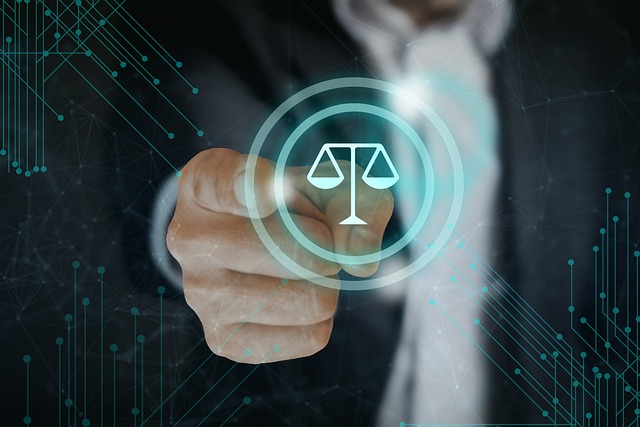Strictly enforced regulatory fraud laws protect the integrity of the healthcare industry by penalizing activities that distort competition or harm consumers, with serious consequences for non-compliance. To avoid indictment and resolve disputes effectively, healthcare entities must implement robust compliance programs including training, transparent reporting, internal audits, and a culture of ethics. This proactive approach enhances trust among patients, regulators, and stakeholders while facilitating dispute resolution through tailored strategies involving documentation, evidence collection, and skilled legal counsel. Key focus areas are healthcare industry compliance, dispute resolution mechanisms, and adherence to stringent laws and guidelines.
Navigating the complex landscape of regulatory fraud laws is paramount, especially within the dynamic Healthcare Industry. This comprehensive guide delves into the intricacies of understanding and combating regulatory fraud. We explore the pivotal role of compliance in preventing fraudulent activities, highlighting best practices for healthcare organizations. Additionally, we present effective dispute resolution strategies tailored for navigating intricate regulatory fraud cases, emphasizing the importance of robust legal defenses. By examining these key aspects, this article equips readers with essential tools to safeguard the industry and ensure ethical practices.
- Understanding Regulatory Fraud Laws: A Comprehensive Overview
- The Role of Compliance in the Healthcare Industry to Prevent Fraud
- Effective Dispute Resolution Strategies for Navigating Regulatory Fraud Cases
Understanding Regulatory Fraud Laws: A Comprehensive Overview

Regulatory fraud laws are designed to protect the integrity of various industries, with a particular focus on sectors like the healthcare industry, where compliance is paramount. These laws aim to prevent and penalize fraudulent activities that mislead regulatory bodies, distort market competition, or cause significant harm to consumers. In the healthcare sector, non-compliance can lead to serious consequences, including legal disputes and financial penalties. An unprecedented track record of strict enforcement has been observed in recent years, emphasizing the importance of adhering to regulatory standards.
Understanding these laws is crucial for businesses and individuals navigating the complex landscape of industry compliance. The process of dispute resolution plays a pivotal role in ensuring justice and maintaining ethical practices. By recognizing potential legal pitfalls and adopting proactive measures, entities within the healthcare industry can safeguard themselves from indictment and foster a culture of transparency and accountability, which resonates with the values of philanthropic and political communities alike.
The Role of Compliance in the Healthcare Industry to Prevent Fraud

The Healthcare Industry is a complex landscape where compliance plays a pivotal role in preventing regulatory fraud. With stringent laws and guidelines governing this sector, healthcare organizations must implement robust systems to ensure adherence. Non-compliance can lead to severe consequences, including high-stakes cases and even the complete dismissal of all charges for individuals and entities involved. Therefore, a strong focus on compliance is essential to mitigate risks and foster trust among patients, regulators, and stakeholders.
Effective compliance programs in the healthcare industry encompass various strategies such as rigorous training, transparent reporting mechanisms, and robust internal audits. By promoting a culture of ethics and integrity, organizations can better detect and prevent fraudulent activities like billings errors, insurance fraud, and kickbacks. This proactive approach not only helps in avoiding legal and financial penalties but also ensures fair practices, ultimately contributing to the overall improvement of healthcare services through dispute resolution mechanisms.
Effective Dispute Resolution Strategies for Navigating Regulatory Fraud Cases

Navigating regulatory fraud cases requires robust dispute resolution strategies tailored to the unique complexities of each scenario, especially within the healthcare industry where compliance is paramount. A key approach involves thorough documentation and evidence collection, ensuring that all interactions and decisions are meticulously recorded. This proactive measure serves as a shield against allegations, providing a clear audit trail that can facilitate the complete dismissal of all charges if needed.
The effective resolution of such disputes also demands a nuanced understanding of the respective business environment and regulatory landscape. Skilled legal counsel should guide stakeholders through the process, ensuring adherence to the letter and spirit of the law. By employing strategic negotiations, mediation, or arbitration, parties can mitigate risks and costs associated with lengthy and costly litigation, which is particularly significant in cases involving white-collar and economic crimes.
In the dynamic landscape of the Healthcare Industry, understanding and adhering to regulatory fraud laws is paramount. By implementing robust compliance strategies, organizations can prevent fraudulent activities and ensure patient safety. When disputes arise, effective dispute resolution strategies, tailored to the unique aspects of regulatory fraud cases, are crucial for navigating complex legal waters. Balancing these measures contributes to fostering integrity within the industry, promoting trust among stakeholders, and ultimately enhancing healthcare services for all.






